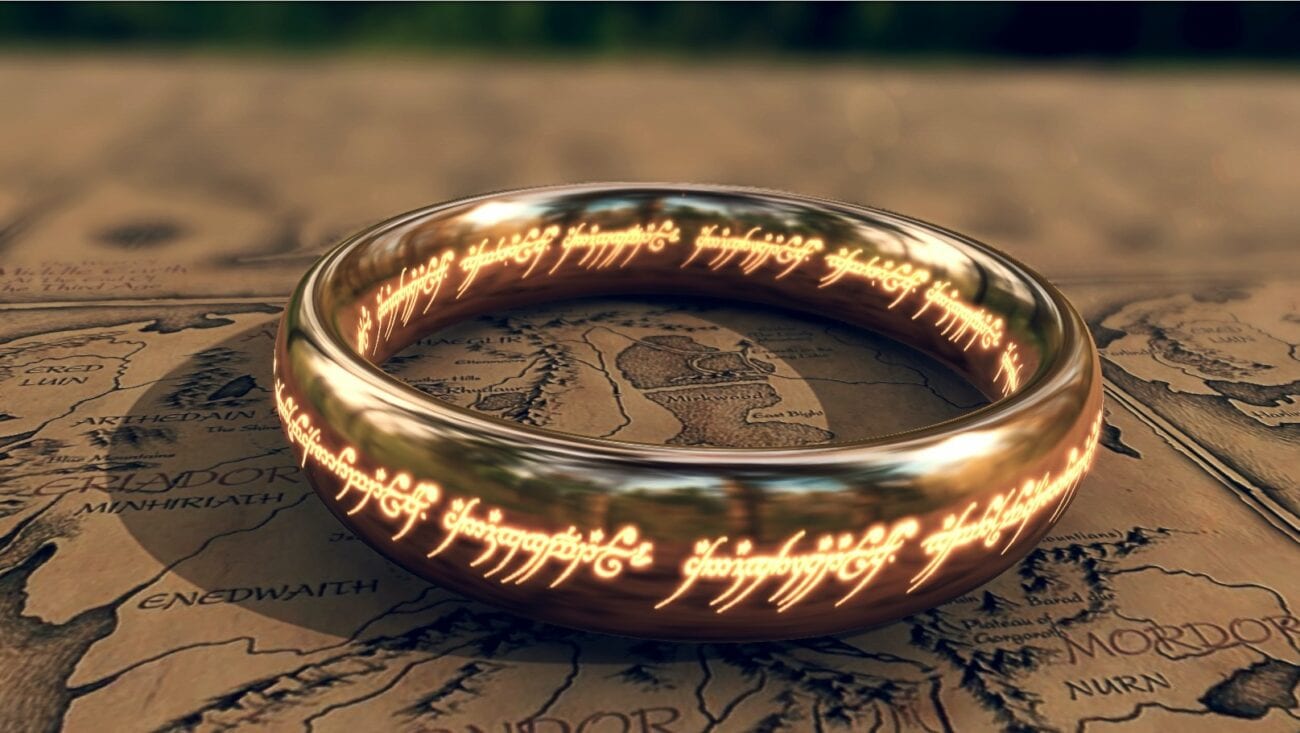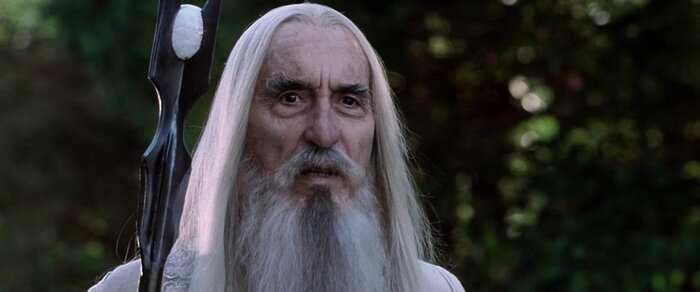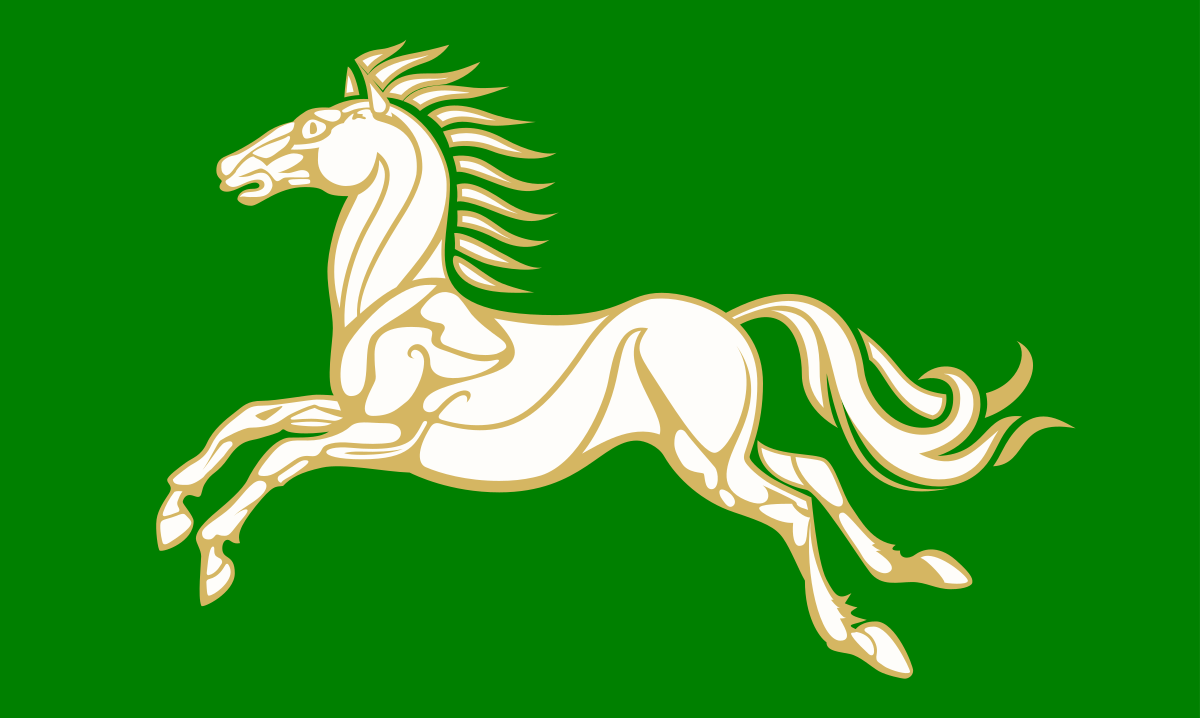
Professor John Tolkien is the consummate master of the English language. His "The Hobbit" and "The Lord of the Rings" have such a juicy and polysemantic speech that linguists have found something new in it for decades. And this is even without the contextual complexity and elaboration of The Silmarillion.
, , . , . .
. , : , , , , , , , , , . , : , , , .
. .
: ,

— « ». «frōd» — , . , .
, , . .
:
— What a pity that Bilbo did not stab that vile creature, when he had a chance!
— Pity? It was Pity that stayed his hand. Pity, and Mercy: not to strike without need. And he has been well rewarded, Frodo. Be sure that he took so little hurt from the evil, and escaped in the end, because he began his ownership of the Ring so. With Pity.
— …He deserves death.
— Deserves it! I daresay he does. Many that live deserve death. And some that die deserve life. Can you give it to them? Then do not be too eager to deal out death in judgement. For even the very wise cannot see all ends.
***
(. . )
— - , , !
— , ? . : . , , . , ; , !
— … .
– - , . , , – . - , , . – ? – . .
, . , .
, . :
— Do not believe him! He has lost all power, save his voice that can still daunt you and deceive you, if you let it. But I will not have him slain. It is useless to meet revenge with revenge: it will heal nothing.
***
(. . )
— ! , , . . – .
. , .
— ,

- , , .
(Smeagol) «smūgan», «, , ». «smēagan», , «, ». , , . .
The most inquisitive and curious-minded of that family was called Sméagol. He was interested in roots and beginnings; he dived into deep pools; he burrowed under trees and growing plants; he tunnelled into green mounds; and he ceased to look up at the hill-tops, or the leaves on trees, or the flowers opening in the air: his head and his eyes were downward.
***
(. . )
. : , , , , , , – .
, , Sméagol . « » — .
«smēag» — «, , ». , — , «».
, «: » , «», -:
Beowulf’s dragon…is not to be blamed for being a dragon, but rather for not being dragon enough…there are in the poem some vivid touches of the right kind…in which this dragon is real worm, with a bestial life and thought of his own, but the conception, none the less, approaches draconitas rather than draco: a personification of malice, greed, destruction (the evil side of heroic life), and of the undiscriminating cruelty of fortune that distinguishes not good or bad (the evil aspect of all life).
***
«», , , , — … … , , , , draconitas [«» — .], draco [ — .]: , , ( ) , ( ).
, -, «» . . , -, , , .
, . .
,

. , .
(Saruman) «searu», : «, » «, , ».
, . , .
( ), , :
He has a mind of metal and wheels; and he does not care for growing things, except as far as they serve him for the moment… Down on the borders they are felling trees — good trees. Some of the trees they just cut down and leave to rot — orc-mischief that; but most are hewn up and carried off to feed the fires of Orthanc. There is always a smoke rising from Isengard these days.
***
(. . )
, – , , – … - – . – , , , , . .
, . , «sār». , — -, .
, , , , .
, , , . , .
:

. . , , .
. (Theoden) — «þeoden», «, , , ». .
, «þeod» «». «», «th», «» .
(Théodred). . «þeod» «ræd». «, ». , — . , .
(Éomer) (Éowyn) . . «eoh» — «». , , .
«Mær», , «, » . , « ». «wyn» «, ». « ». .
, , « ». , .
, . , .
, . « » «», , . Upper-Intermediate , . .
- EnglishDom.com —

! 3 !
- ED Words . homealone ED Words. 15.01.2022.
:
ED Words
Z ED Courses
Google Chrome, Ed Words
YouTube- EnglishDom